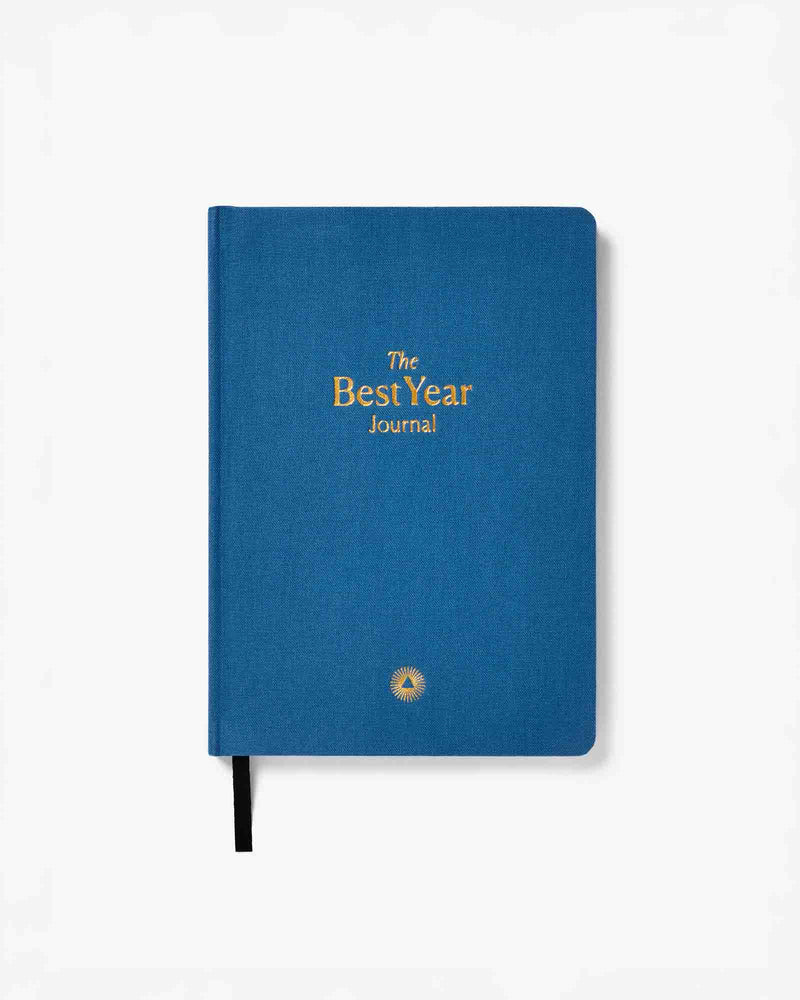Productivity and Mental Health
by Intelligent Change
A plethora of research in psychology and the science of well-being has identified the feeling of being in control and in charge of your life as positive. It’s a feeling that profoundly impacts our mental health and our ability to adjust to life’s changing circumstances.
And what better way to feel in charge than having a detailed, clear plan of action? Organizing your life can help you feel in control of your time and tasks and let you prioritize the things that truly matter to you.
Inner Locus of Control
The researchers in this field usually talk about the internal and the external locus of control.
Internal locus refers to the perception that control over our lives comes from within. External locus, on the other hand, is the opposite—the perception that external forces determine the outcomes in our lives.
So far, research has shown that people with an external locus of control tend to have lower self-esteem, engage in risky behaviors more often, and are less productive, motivated, and self-driven. They may also struggle with mental health issues.
The inner locus of control is, on the other hand, associated with positive outcomes like mental strength, high motivation, higher self-esteem, and, as a result of believing in oneself, higher productivity.
Feeling in control gives us empowerment. It gives us the drive: I can do it! My life is in my hands.
The inner locus of control is related to what we call the growth mindset––the belief that our hard work and persistence are what will take us far in life and what will matter in the end. Our talent, intelligence, and abilities can and will develop if we put in the effort.
Being in control doesn’t mean being (what’s popularly called) a “control freak.” The former means having the strength and motivation to walk the path we have consciously chosen for ourselves. The latter, in contrast, is a state of fear associated with losing control, and it’s a less constructive way of engaging with life’s unpredictabilities.
So, what does it take to gain the inner locus of control and live a balanced, purposeful life?
How to Organize Your Life to Gain Control
There is a mental health principle that also applies to organization: the longer you wait to act, the more challenging it gets. If you struggle with organization, it may seem daunting because you may not even know where to begin.
Being well-organized helps us establish the inner locus of control. The secret lies in the fact that nothing is left to chance. You are the one making all the decisions, and this feeling is empowering and liberating.
To-Do or Not-To-Do
One of the first and simplest things you can start with is a clear to-do list. Feel free to make it a long one, and list everything you can think of: from long-term plans to taking your coat to dry cleaning and answering that one email you’ve been forgetting about for the past three days.
Now, while you are still writing things down, take another sheet and make a not-to-do list. This one will help you take a step back and think about the things you don’t want in your life anymore.
The two lists will give you a broader perspective of the direction you want to take in your life and the changes you want to embrace. Perhaps you need a new definition of what productivity and success mean to you or a way to combat distractions that keep you from what truly matters to you.
You may find some overlaps between the two lists. These places of conflict are your opportunity for growth: to do or not to do?
Organizing Your Life
Setting up intentions and achievable goals is an important part of organizing your life. These will help you find a direction in life, sort out your priorities, and live in line with your values.
Inspired by the Best Year Journal and annual planning practice, we’ve come up with these four simple steps that will help you set up your goals for the future and realize them:
1. Devise a theme for your year (month, quarter, or any other period of time);
2. Choose your focus area;
3. Categorize your goals;
4. Create a clear strategy and action plan.
Many people like to create more detailed plans and systems. The Quarterly Planner helps you think in terms of trimesters, while The Productivity Planner, powered by the Focus Time Technique, helps you track your daily and weekly tasks and plans.
The Focus Time Technique is a method of time blocking that helps you break your tasks down into measurable, actionable steps. This way, you can easily track your progress and get more done in less time. It also helps you procrastinate less and prioritize your tasks better.
Finally, remember that you don't have to be productive all the time. It may sound contradictory, but taking a break or taking some time off to rest is actually an investment in yourself. You are so much more than your work and your accomplishments. A distinction between who you are and what you do is the cornerstone of preserving your self and your mental health and the key to a good life-work balance.
Building Good Habits
Organizing and writing things down are practices that help you plan your life. Having a solid plan of action is the first step toward accomplishing your goals. The second step is putting your plans into action.
Enter habits.
Building positive, healthy, life-changing habits allows you to pave the way to better mental health by helping you learn how to put the most effort into the most important things and let the rest become a routine.
When building habits, it's good to start small, with things like tracking your water intake and staying hydrated, exercising daily, even if for 5 minutes, or filling out your Five Minute Journal as part of your morning and evening routines.
Over time, habits become part of routines, and routines are a good way to make things predictable by connecting activities to one another.
You can ask yourself a few questions if you aren’t sure where to start:
- What are the habits I want to build?
- What are the good habits I already have and want to strengthen?
- Can I connect a new habit to an existing good habit?
- Are there any habits I want to eliminate?
Forming new habits can be challenging at first because you have to spend mental energy to follow through. But with time they become a part of you and you stop thinking about them so much.
One thing that can significantly help habit formation is using a habit tracker. You will find one in our Quarterly Planner and Productivity Daily Desk pad. Habit trackers are designed to help you instill long-term, healthy habits that make a positive impact on your mental health and emotional stability.
Tips for Staying Focused on What Truly Matters
Staying focused on the things that matter most helps us feel more balanced and in control. Here are some tips to help you find your balance.
1. Discover your values and stay loyal to them;
2. Prioritize your mental well-being
3. Plan, organize, and write things down;
4. Invest in your time-off;
5. Find and enjoy your hobbies;
6. Create an inspiring space that boosts your creativity;
7. Spend time in nature - outdoors is basically free therapy;
8. Practice mindfulness and consciousness in your everyday life;
9. Surround yourself with people you love that keep you inspired;
10. Strive for balance in your life.
Getting your life organized can seem challenging at first, but once you start working on it, you will find out why they say that good planning is a job half-done. From making to-do lists to building healthy habits, organizing your life for better productivity can help you feel more stable and empowered.
Being in control of your time and tasks can give you the freedom to live life the way you want. We’ve designed many productivity and organization tools to assist you on this journey. Remember to start small and be kind to yourself in the process.











